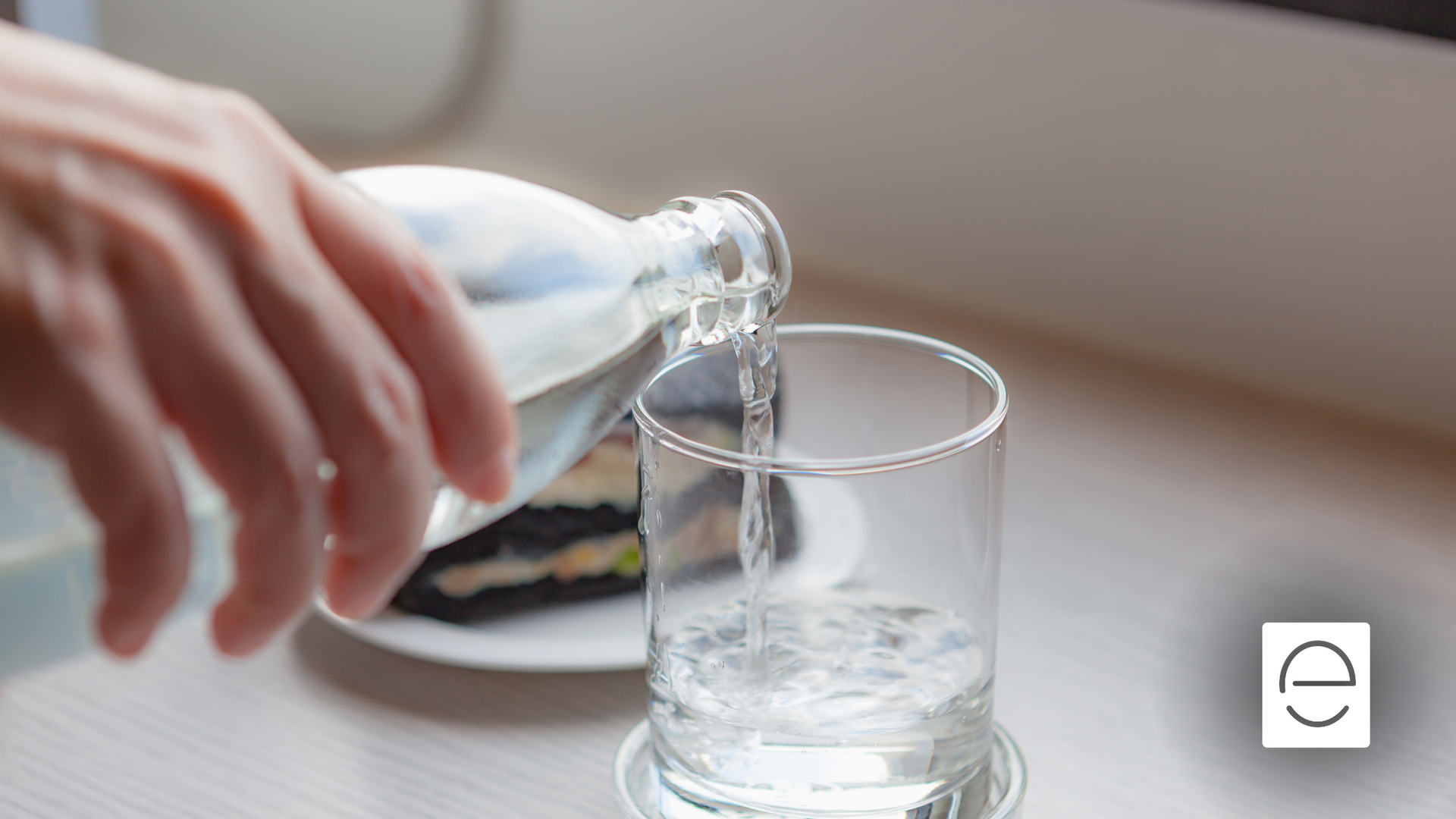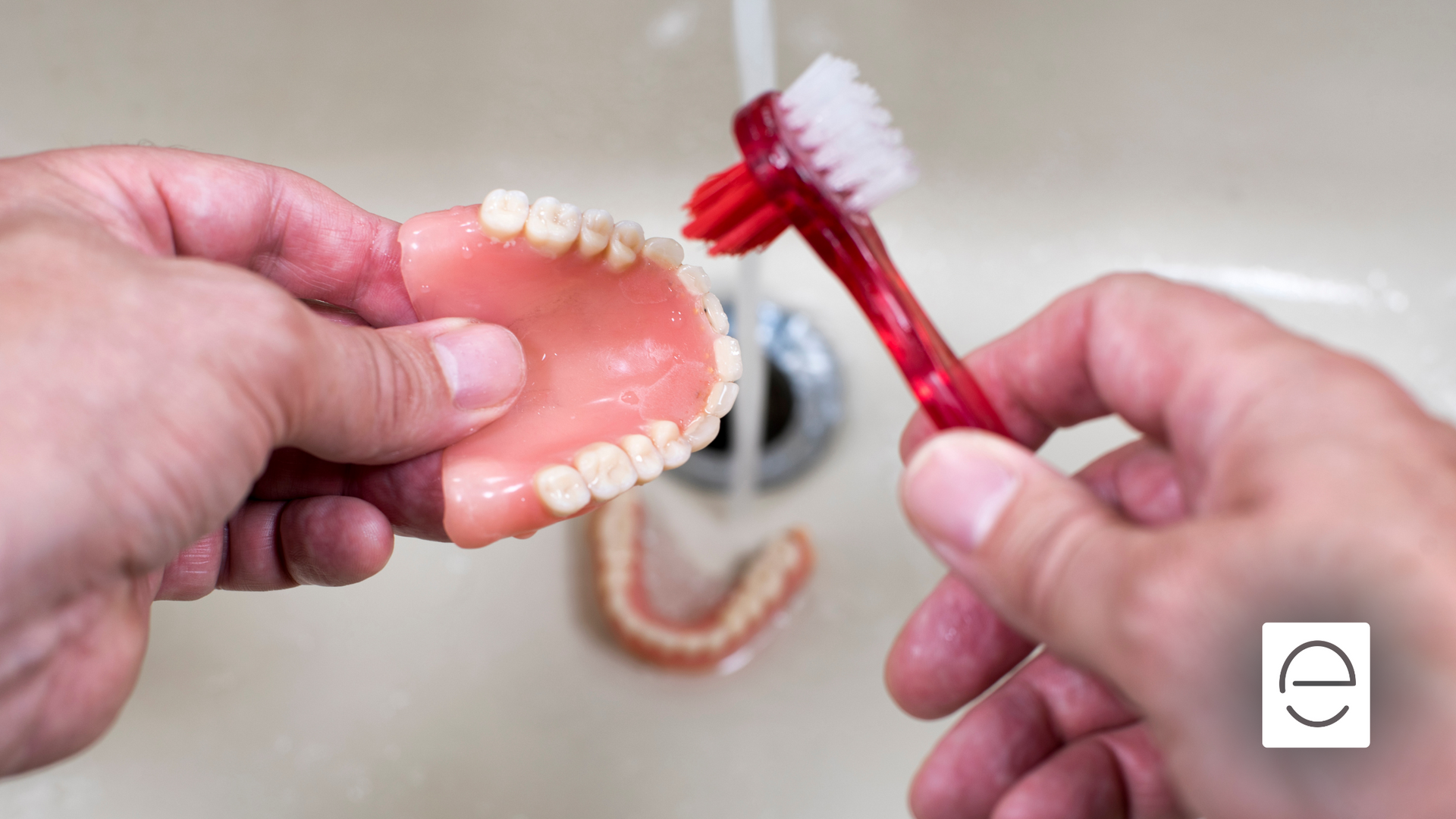Eating Well With Dentures: Smart Food Choices and Care Tips

Source: Dr. Marketing
Receiving dentures marks a new chapter in your oral health journey. For many patients, dentures restore the ability to enjoy meals, speak clearly, and smile with confidence after years of struggling with missing teeth. But along with this transformation comes a period of adjustment. Daily routines, especially eating habits, often need small but important changes.
At Envision Denture and Implant Centre in Surrey, we often hear patients ask: What foods can I enjoy with dentures? Are there things I should avoid? How do I make dentures last as long as possible? These are excellent questions, because eating comfortably and caring for dentures correctly are key to ensuring both comfort and longevity.
In this guide, we will walk through denture-friendly foods, which foods to avoid, how to adapt your eating habits, and the best practices to keep dentures in great shape for years.
Adjusting to Life with Dentures
The first few weeks with dentures can feel unfamiliar. Some patients notice that food tastes slightly different, or that chewing feels awkward at first. This is normal, and with time, dentures begin to feel more natural. What makes the transition easier is knowing which foods to start with, which ones to avoid until you are more comfortable, and how to practice healthy denture care habits from the very beginning.
Foods to Eat While Wearing Dentures

Dentures allow you to enjoy a wide variety of foods again, but some are particularly helpful during the adjustment stage. These options are soft, gentle on the gums, and provide essential nutrients.
Soft Proteins
Protein-rich foods like scrambled eggs, tender fish, and well-cooked beans are excellent choices. They are easy to chew and help support overall health. Soft tofu or ground chicken can also be incorporated into meals without straining dentures.
Cooked Vegetables
While raw vegetables can be difficult to bite into, steaming or roasting them softens their texture. Carrots, zucchini, and squash are not only easier to chew but also packed with vitamins essential for gum and bone health.
Dairy Foods
Yogurt, soft cheese, and milk are staples for denture wearers. They are rich in calcium and protein, easy to eat, and promote a balanced diet while keeping gums healthy.
Fruits
Bananas, peaches, pears, and applesauce provide natural sweetness without requiring heavy chewing. Berries can also be enjoyed in smoothies or as part of yogurt, though seeds may need to be strained out.
Whole Grains and Carbohydrates
Cooked oatmeal, pasta, and rice are comforting and filling choices. Softened whole grain bread with spreads or soups with noodles make for easy-to-enjoy meals.
By focusing on these foods, patients can nourish their bodies without unnecessary discomfort as they adapt to dentures.
Foods to Avoid While Wearing Dentures

While dentures open up many food possibilities, certain items should be avoided or limited to prevent damage or irritation.
Sticky Foods
Caramel, chewing gum, and sticky candies can easily dislodge dentures, making them uncomfortable and difficult to clean.
Hard or Crunchy Foods
Nuts, popcorn kernels, raw carrots, and hard candies can put stress on dentures or even cause cracks. They also risk slipping underneath dentures, causing gum irritation.
Tough Meat
Steaks or fibrous meats require strong chewing that may strain dentures. Softer cuts, ground meats, or slow-cooked options are safer alternatives.
Seeds and Small Grains
Sesame seeds, popcorn hulls, and small grains can become trapped under dentures, leading to soreness or abrasions.
Highly Pigmented Foods and Drinks
Coffee, tea, red wine, and foods like curry can gradually stain dentures. While enjoying them occasionally is fine, rinsing with water afterward helps minimize discoloration.
Being mindful of these foods helps prevent damage, protect comfort, and extend the life of your dentures.
Best Practices for Eating with Dentures

Adjusting eating habits helps make mealtimes more enjoyable with dentures. A few strategies can make all the difference:
- Start Soft, Advance Slowly: Begin with soft foods and gradually reintroduce firmer textures as you build confidence.
- Cut Food into Smaller Pieces: This makes chewing easier and reduces pressure on the prosthetic.
- Chew with Both Sides: Distributing food evenly helps keep dentures stable.
- Use Back Teeth for Biting: Avoid biting directly into foods like apples with the front teeth, which may cause dentures to shift.
- Stay Hydrated: Water not only aids chewing but also prevents dry mouth, which can sometimes occur with dentures.
These habits help dentures feel more natural and ensure meals remain enjoyable.
Daily Care for Dentures

Dentures are an investment in your health and confidence, and caring for them properly ensures they remain in excellent condition.
Daily Cleaning
Dentures should be brushed daily using a denture brush and a non-abrasive cleanser or mild dish soap. Regular toothpaste should be avoided, as it can scratch denture material.
Rinsing After Meals
Removing and rinsing dentures after meals washes away food particles and reduces odors.
Soaking Overnight
Dentures should be removed at night and stored in water or a denture-cleaning solution. This not only prevents warping but also gives your gums time to rest.
Handle with Care
When cleaning, place a towel on the counter or fill the sink with water in case dentures are dropped. This reduces the risk of breakage.
By making these steps part of your routine, dentures stay clean, fresh, and functional.
Long-Term Maintenance and Checkups

Even with excellent at-home care, dentures require professional maintenance. Over time, natural changes in gum and bone structure can alter how dentures fit. Ill-fitting dentures may cause sore spots, slipping, or difficulty chewing.
Regular checkups at Envision Denture and Implant Centre in Surrey ensure that dentures are examined, adjusted, or relined when necessary. Professional cleanings also remove stains and plaque that at-home care may miss. On average, dentures last between 5 to 10 years before needing replacement, but consistent maintenance extends their comfort and function.
Building Confidence with Dentures

Beyond practical care, wearing dentures is also about regaining confidence in everyday life. Learning how to eat comfortably, smile naturally, and maintain oral health creates a sense of freedom that many patients have missed for years.
At Envision Denture and Implant Centre in Surrey, we support patients through every stage of this process—from initial fittings to long-term adjustments. With the right foods, habits, and care, dentures can provide not just function but a renewed quality of life.
Wearing dentures requires a few changes in eating habits and daily care, but those adjustments quickly become second nature. Choosing soft, nutrient-rich foods, avoiding items that cause irritation or damage, and practicing mindful eating habits allow dentures to feel comfortable and natural. Pairing these strategies with daily cleaning and regular dental visits ensures that dentures remain in excellent shape for years.
Dentures are not just a replacement for missing teeth—they are a pathway to restoring health, confidence, and quality of life. By understanding what to eat, what to avoid, and how to care for them properly, you can make the most of your denture experience.



